Chargebacks are a challenging issue for e-commerce and retail business of all sizes, not to mention financial institutions. Today, we’re looking at what’s on the horizon for chargebacks in 2017.
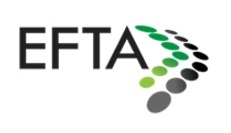 Electronic Funds Transfer Association (EFTA) says EMV chips lowered point-of-sale fraud but fraudsters have responded by focusing on new account fraud which grew 113%. Totalfood.com suggests best practices for restaurants to reduce chargebacks. AllBusiness.com tackles the challenge of merchant fees and what additional fees, including chargebacks can cost business.
Electronic Funds Transfer Association (EFTA) says EMV chips lowered point-of-sale fraud but fraudsters have responded by focusing on new account fraud which grew 113%. Totalfood.com suggests best practices for restaurants to reduce chargebacks. AllBusiness.com tackles the challenge of merchant fees and what additional fees, including chargebacks can cost business.
A new report by fraud-prevention company Riskified says online sneaker purchases are three times more likely to be fraudulent than any other fashion purchase. 3-D printer entrepreneur Josef Průša still has more than $1 million tied up due to a dispute with PayPal over chargebacks.
 South African Banking Risk Information Centre (SABRIC), reported the banking industry’s losses due to SA issued credit card fraud decreased by 28.6% though 75% was identified as card not present fraud. What can small business do to reduce chargebacks? Dun & Bradstreet shares tips. Mastercard launched Decision Intelligence, which uses AI to improve real-time fraud detection and reduce false declines.
South African Banking Risk Information Centre (SABRIC), reported the banking industry’s losses due to SA issued credit card fraud decreased by 28.6% though 75% was identified as card not present fraud. What can small business do to reduce chargebacks? Dun & Bradstreet shares tips. Mastercard launched Decision Intelligence, which uses AI to improve real-time fraud detection and reduce false declines.
User Authentication Will Counter Post-EMV Online Fraud
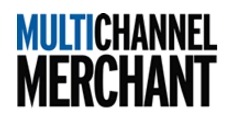 According to a new white paper from The Electronic Funds Transfer Association (EFTA) the EMV chip requirements have lowered fraud for point-of-sale (POS) transactions, but fraudsters have responded by focusing on new account fraud which has grown 113%.
According to a new white paper from The Electronic Funds Transfer Association (EFTA) the EMV chip requirements have lowered fraud for point-of-sale (POS) transactions, but fraudsters have responded by focusing on new account fraud which has grown 113%.
Addressing this roadblock to digital commerce, the paper advocates for more stringent user authentication and discusses how industry stakeholders must push for wider adoption of such measures.
There’s two main parts in play here: Merchants want to prevent chargebacks by supporting payment transaction verification, while cost-efficiently implementing fraud prevention measures, and customers want a combination of convenience and enhanced protection against transaction fraud and identity theft. Via multichannelmerchant.com
How Does EMV Impact Restaurant Chargebacks?
 Regardless of EMV, chargebacks are a part of running a restaurant. Fortunately though, having a greater understanding of how to deal with (and even prevent) chargebacks can help – perhaps even more than EMV! In a few words: guilty until proven innocent, your restaurant that is.
Regardless of EMV, chargebacks are a part of running a restaurant. Fortunately though, having a greater understanding of how to deal with (and even prevent) chargebacks can help – perhaps even more than EMV! In a few words: guilty until proven innocent, your restaurant that is.
There are some best practices that restaurant owners can take to avoid chargebacks, with or without EMV, but it requires prevention at the time of transaction.
In general, chargebacks require an immediate response. However, for your restaurant to respond you first need to know how your processor will notify you. The best way to find that out? Ask. Via totalfood.com
Small Business Owners: This Is the Biggest Misconception About Merchant Account Pricing
 Selecting a good merchant account provider for your business can be a bewildering experience. Competition is fierce, and there are dozens of providers out there vying for your business. Almost all of them will claim to offer you lower processing rates than their competitors.
Selecting a good merchant account provider for your business can be a bewildering experience. Competition is fierce, and there are dozens of providers out there vying for your business. Almost all of them will claim to offer you lower processing rates than their competitors.
Whether you check out an account provider’s website or talk to one of their sales agents, the story is the same: We have the lowest rates in the industry. There are two things that are wrong with this claim. First, it’s usually not true. Processing rates are complex and highly variable; many companies will quote you their lowest possible rate without telling you that the other, more common rates are three or even four times higher. Second, it’s misleading because it ignores the cost of all the fees you’ll also pay to maintain your account. Via AllBusiness.com
Why Selling Sneakers Online Can Be One of the Riskiest Businesses
 With the footwear and apparel industries facing slowing overall demand, many fashion firms have embraced the booming sneaker business as one of the safest bets for financial security.
With the footwear and apparel industries facing slowing overall demand, many fashion firms have embraced the booming sneaker business as one of the safest bets for financial security.
And while athletic continues to revel in its moment as fashion’s “it” category, the popularity of derivative styles and the flourishing resale market may now come at a cost for many sneaker retailers, according to a new study by fraud-prevention company Riskified.
The report — which analyzed fraud in online sneaker sales — found that, on average, an online sneaker order is three times more likely to be fraudulent than a purchase of any other kind of fashion item. In other words, sneakers carry three times the risk for sellers over any other fashion purchase. Via footwearnews.com
$1 million Prusa PayPal funds frozen
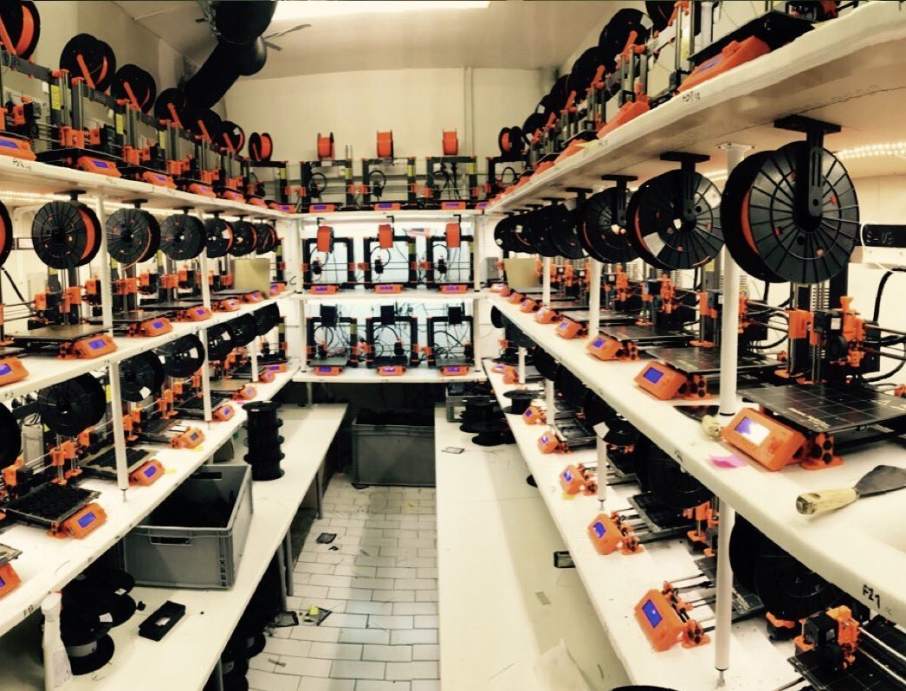 As we reported in November 2016 Josef Průša, the innovator behind the RepRap Prusa 3D printers, shared on Twitter that PayPal had locked his company’s funds for ‘growing too fast.’ The root cause due to the success of their MK2 3D printer. One month later, over $1M are still locked in the account, and Průša has released a warning to small businesses about using PayPal as their primary payment method.
As we reported in November 2016 Josef Průša, the innovator behind the RepRap Prusa 3D printers, shared on Twitter that PayPal had locked his company’s funds for ‘growing too fast.’ The root cause due to the success of their MK2 3D printer. One month later, over $1M are still locked in the account, and Průša has released a warning to small businesses about using PayPal as their primary payment method.
In a blog article on his website, Průša explains the cause as a case of algorithmic error that would otherwise be excused in a more personal transaction. He says,
“You ask why? We grow too fast, we do not ship immediately so PayPal probably thinks we want to run away with the money. The fact that we had only around 3 chargebacks in our 2-year history doesn’t matter to them.”
Though this may be comforting to some customers worried about fraud, it is not a suitable way for a company that claims to be able to provide “All Business Solutions” to handle its businesses online transactions. Furthermore, the outright freezing of funds doesn’t even allow Prusa3D to make customer refunds. There’s little peace of mind for the parties involved, and a lot of waiting around. Via 3dprintingindustry.com
Finding solutions to the growing chargeback challenge
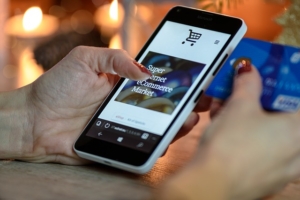 Increasing sophistication in card fraud is reason for concern. Not only for banks, but most especially for online merchants, who are at risk of losing their ability to trade should they be implicated in repeat fraud attempts and excessive customer disputes.
Increasing sophistication in card fraud is reason for concern. Not only for banks, but most especially for online merchants, who are at risk of losing their ability to trade should they be implicated in repeat fraud attempts and excessive customer disputes.
While fraud is well documented, chargebacks as a result of a dispute can be just as debilitating. The financial services industry has made strides in card fraud protection with the implementation of 3D Secure for card transactions. However, what many merchants aren’t aware of is that Instant EFT significantly reduces the chargeback risk.
According to statistics from the South African Banking Risk Information Centre (SABRIC), the banking industry’s gross fraud losses due to SA issued credit card fraud decreased by 28.6%, from R353.3m in 2014 to R252.2m in 2015. However, 75% of fraud is due to Card Not Present transactions which most affects e-commerce merchants. Via techfinancials.co.za
Chargeback Prevention 101: What Every Small Business Should Know
 In the interest of protecting customers, banks have made it easier than ever to file a chargeback dispute against a business. On a customer’s word, the bank will initiate a process that, in effect, puts the burden of proof on the seller. When a business loses a chargeback dispute, in addition to losing the product or service, the business is also responsible for chargeback fees, which can be hundreds of dollars.
In the interest of protecting customers, banks have made it easier than ever to file a chargeback dispute against a business. On a customer’s word, the bank will initiate a process that, in effect, puts the burden of proof on the seller. When a business loses a chargeback dispute, in addition to losing the product or service, the business is also responsible for chargeback fees, which can be hundreds of dollars.
In some cases, the chargeback dispute process has resulted in what is known as friendly fraud, a practice that costs retailers an estimated $11.8 billion each year. With friendly fraud, a customer purchases an item, disputes the charge, and receives a refund while still keeping the product.
Whether friendly fraud or legitimate, a chargeback can damage a company’s reputation, take money from its bottom line, and cause stress and anguish. Here are a few things a business can do on the front end to prevent chargebacks. Via b2b.dnb.com
Mastercard rolls out artificial intelligence across its global network
 Mastercard introduced Decision Intelligence, a comprehensive decision and fraud detection service. The solution uses artificial intelligence technology to help financial institutions increase the accuracy of real-time approvals of genuine transactions and reduce false declines.
Mastercard introduced Decision Intelligence, a comprehensive decision and fraud detection service. The solution uses artificial intelligence technology to help financial institutions increase the accuracy of real-time approvals of genuine transactions and reduce false declines.
This is the first use of AI being implemented on a global scale directly on the Mastercard network.
Current decision-scoring products are focused primarily on risk assessment, working within predefined rules. Decision Intelligence is a radical new approach that goes much further. It takes a broader view in assessing, scoring and learning from each transaction. That score then enables the card issuer to apply the intelligence to the next transaction. Via en.trend.az
Chargeback Management Strategies
PaymentsNEXT provides regular coverage of what’s next in the payments industry including chargebacks and chargeback management strategies for business. Get regular Monday-Wednesday-Friday-news briefings in your inbox for free by signing up at the top of the page.

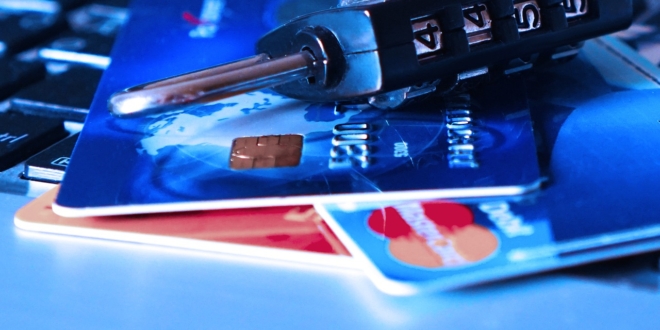






LET’S CONNECT